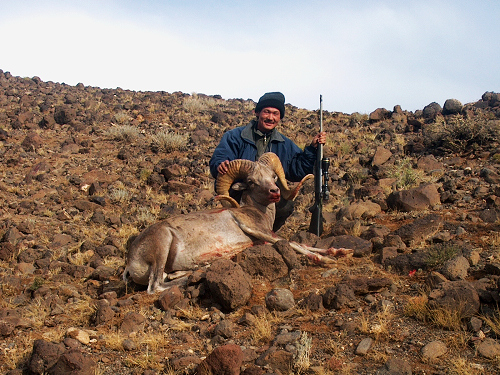
We human beings have not been good friends to animals. Human beings have a long history of working together to hunt large prey. We hunt them for their meat, feather, fur, or just for fun or simply just because we think animals are dangerous. As evidence, see the extinction rates of large animals arise after people first arrive in a new place. New Zealand moa (a large bird) extinction followed the prehistoric(史前的) human settlement of islands across the globe. Many kinds of animals have disappeared forever. Hundreds more are on the endangered list today.
Now scientists have a clearer view of our predatory(捕食性的) role, across a number of terrestrial and marine ecosystems. And the picture is not a pretty one—we human beings have some terrible bad hunting habits.
Researchers surveyed 2,125 species of predators on land and in the water, which includes foxes, tigers, snakes, sea lions, sea gulls, white sharks, etc. And they compared the behavior of nonhuman predators to humans in those ecosystems.
Perhaps not surprisingly, humans prey on important large carnivores at a dramatically higher rate than other predators do. The biggest difference, however, comes in which members of the population we choose.
Typical predators might kill the young or the weak. Humans, both on land and particularly in the water, prefer a disproportionate number of mature healthy adults of reproductive age(育龄期). This practice has dramatic consequences. Removing reproductive adults, especially for species that mature slowly, can do long-term damage to the entire population. The authors thus call humans “planet’s super-predators”. Their report is in the journal Science. According to the report, acting as super-predators, humans are forcing changes to body size and reproductive abilities in some species 300 percent faster than would occur naturally, a new study finds.
The researchers write that options to encourage more sustainable use could include reducing the take—but also intimate other predators and leaving full-grown adults alone to continue repopulating their habitats.
本时文内容由奇速英语国际教育研究院原创编写,禁止复制和任何商业用途,版权所有,侵权必究!

